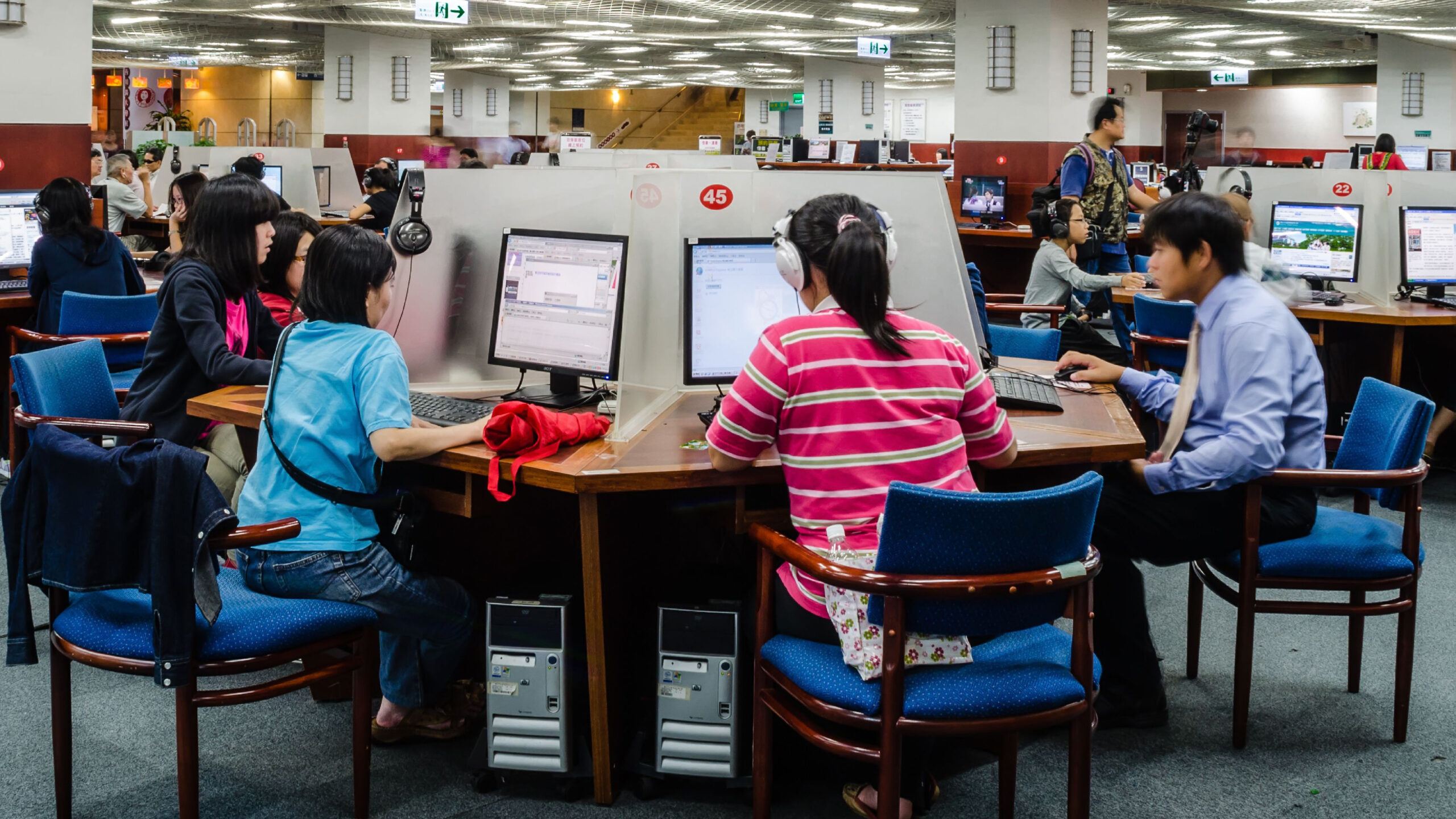According to New Study, Disruption Isn’t Always Bad for Incumbents
DisCo readers may be familiar with a recurring theme pitting incumbents versus disruptive innovators. But new research seems to suggest that the relationship isn’t always adversarial.
The Knowledge@Wharton blog has an article about a soon to released paper by three professors, David Hsu, Matthew Marx and Joshua Gans, which illustrates that disruptive startups do not just compete with market leaders, but often partner with them as well. The authors use the automated speech recognition (ASR) market as their test case, as the frequent technological disruptions in the field make it a paradigmatic industry to study; similar to Clayton Christensen’s disk drive market.
The study finds that 60% of the firms in the ASR market started out competing in the marketplace while 38% cooperated with market leaders (2% had a “hybrid” approach). However, the blog notes that breaking it down by firms using a “disruptive” approach versus an “existing technologies” approach tells a slightly different story.
The researchers find that early adopters of disruptive technology were much less likely to cooperate with incumbents, with only 21% doing so, compared with 36% of start-ups whose businesses were based on existing technologies. But early adopters or disruptors were more likely to switch from a competitive to a cooperative strategy: 12.7% did so, versus 7.8% for non-disruptors. (The switch from a cooperative to a competitive strategy was not meaningfully different between the two groups.)
The authors use their research to give advice to startups: be open early on to the possibility that your competition/cooperation strategy could change over time.
The study’s authors also have advice for incumbents: it may be useful to let the disruptive startups slug it out among themselves and license/acquire/partner with the winner, rather than trying to develop the disruptive technologies in house. As one of the authors of the study notes, predicting a winner is difficult:
You sort of have to predict the future. What we’re saying is, you don’t have to predict the future. There may be 30 start-ups out there trying different disruptive or potentially disruptive technologies. So, you can take this wait-and-see approach.








